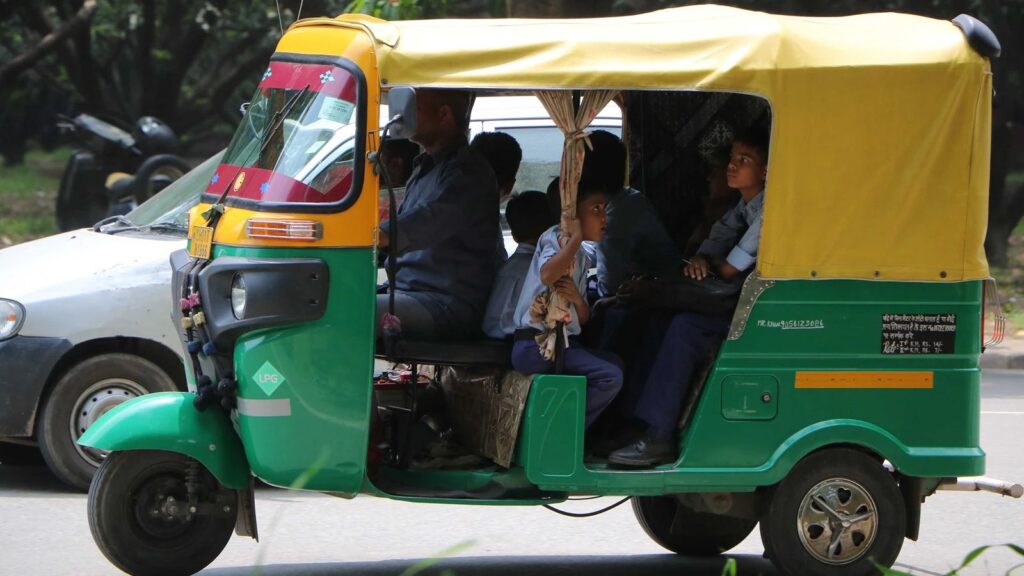After a gap of four years, autorickshaw fares in the city are set to go up as the Regional Transport Authority (RTA) in Bengaluru Urban district has announced a revised fare structure which will come into effect on August 1.
As per the revised rates, minimum fare for the first 2 km has been increased from Rs 30 to Rs 36. For every subsequent kilometre, passengers will now have to pay Rs 18, up from the earlier Rs 15. Night fares — applicable between 10 pm and 5 am — will be 1.5 times the regular rate.
Waiting charges too have been revised, with the first five minutes remaining free. Beyond that, a fee of Rs 10 will be charged for every 15 minutes of waiting. In terms of baggage, up to 20 kg is allowed free of cost. An additional Rs 10 will be charged for every 20 kg or part thereof, with the maximum baggage limit capped at 50 kg, officials said.
The RTA has made it mandatory for all autorickshaw drivers to prominently display the revised fare chart inside their vehicles. Drivers are also required to have their fare meters re-calibrated and stamped with the updated tariff by October 31.
This is the first revision in autorickshaw fares since November 2021 when the base fare was increased from Rs 25 to Rs 30 and the per-kilometre charge from Rs 13 to Rs 15. Before that, fares were last changed in 2013.
The latest revision follows repeated appeals from autorickshaw unions, which have cited rising fuel prices, higher maintenance costs, and inflation as reasons why the earlier fares were no longer sustainable. However, many drivers have expressed disappointment with the RTA’s decision, saying their demand for a Rs 40 base fare and Rs 20 per kilometre was not met.
At the same time, passenger complaints over drivers refusing meter fares, overcharging, or denying rides continue to persist. With the fare revision, aggregator platforms like Uber, Ola, and Rapido are also expected to revise their pricing. As per a Karnataka High Court order in October 2022, app-based autorickshaw services are allowed to charge only up to 10 percent above the government-fixed fare, plus 5 percent GST.
Story continues below this ad
The fare hike comes amid a broader increase in commuting costs across Bengaluru. In recent months, city bus fares were raised by 15 per cent, while Namma Metro ticket prices saw a steep hike of up to 71 per cent, making daily travel more expensive for commuters.


